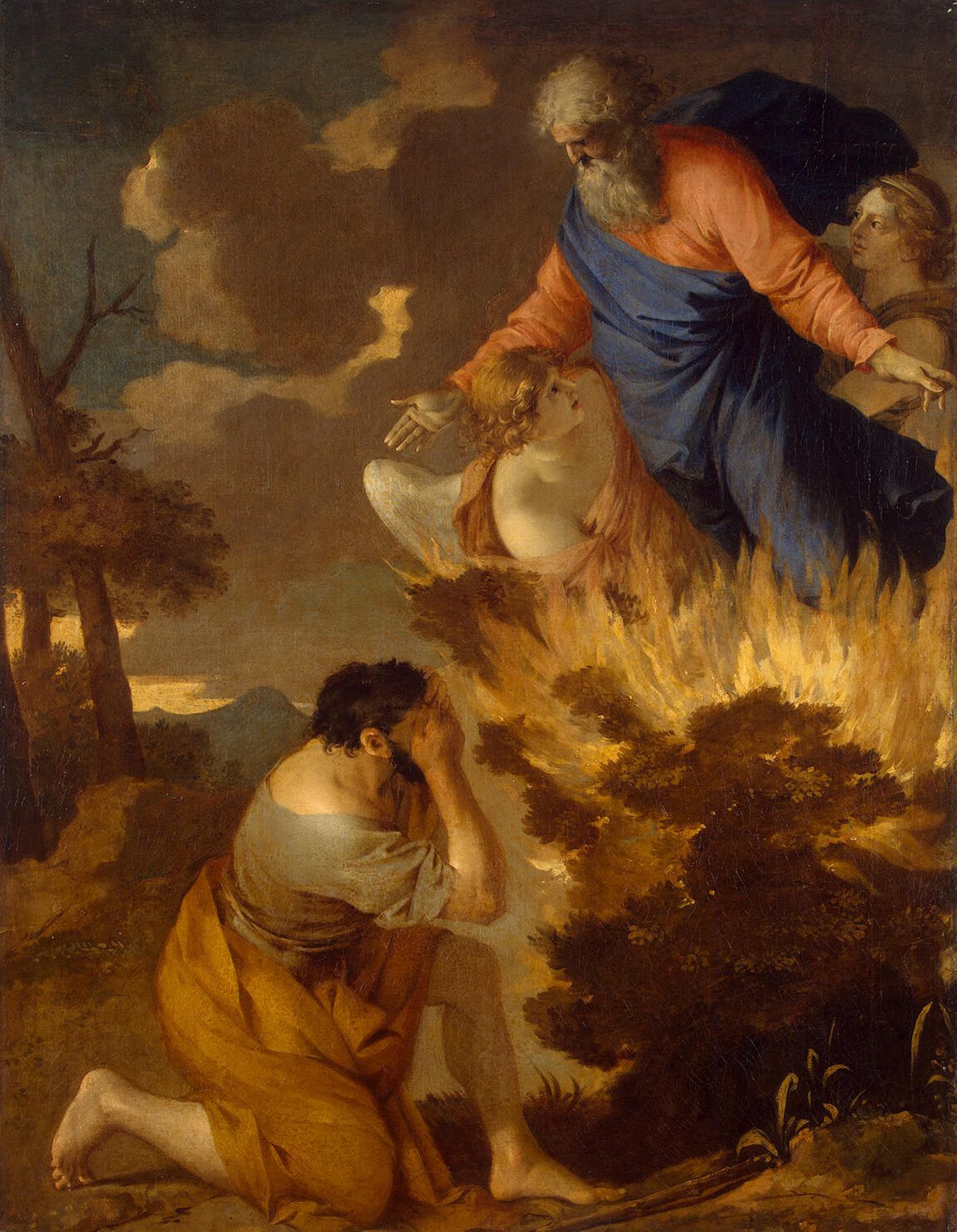Given that there are many possibilities about what it means to approach an altar and make an offering, I think it's worth having a discussion about what, exactly, we are doing when we examine ourselves and seek atonement during the Lenten season.
(a penitent in the Philippines prepares himself for Good Friday)
I think we can agree that “the altar” is a metaphorical place where where we go to meet God. We know we’re not going to “meet” God physically, as we would expect to “meet” the President. Hopefully, we don’t really think that what we’re drawing towards is actually a big man in the sky. Rather, we use “meet” in the metaphorical sense, of reaching out of ourselves spiritually toward a place where we may be touched by the penultimate. We prepare our inner selves, seek to reach and hopefully touch something that’s spiritually on a different level and beyond where we live in our daily lives.
If we’re honest, we acknowledge not only that we’re inadequate to see or touch God, but also that we’ll never be adequate. We know we fail to meet even our own expectations of ourselves, let alone God’s.
We dare to turn our face toward the flame of the burning bush anyway.

Courtesy Wikimedia Commons: Sebastien Bourdon, The Burning Bush, 17th C., Hermitage Museum
We claim to be humble as we do this, but are we? Do we have any hope of meeting our ideals or God’s minimal expectation? Do do we even know what (or care) what those ideals and expectations are?
Consider Matthew 5:23-24 :
Well, that’s an interesting standard. It doesn’t say, “go flagellate yourself,” or “recite five rosaries,” or “make proper prayer hands.” It says, go make peace with your brother.“Therefore, if you are offering your gift at the altar and there remember that your brother or sister has something against you, leave your gift there in front of the altar. First go and be reconciled to them; then come and offer your gift.”
Although I haven't studied the Greek, the English grammar is certainly interesting. It would be easy enough for me to engage in a private practice of examining my inner life to see if I am holding any grudges against someone, and to forgive them. But that's not what it says, at all. It doesn’t instruct me to reconcile if I have something against my brother. It does not say that we are to let go of your own grudges. No, that would be too easy.
Instead, going much further than mere self reflection, I am required affirmatively to search my life and ask whether there is anything someone else could possibly hold against me as a grudge. Then, I am to approach that person and ask them, affirmatively, to forgive the grudge they may be holding against me!
Once again, this turns the way we ordinarily think (or at least the way I think) on top of its head. Normally, I’m only monitoring my personal grudges against so and so, not worrying what I might have done to offend someone else. But, imagine a different world. Imagine a world where we were always so proactive to remain in right relationship with each other.
Surely, that would be God's kingdom. The peace in such a kingdom would go far beyond any peace I've witnessed in my present world.
Reconciliation
If we can’t become reconciled to one another, how could we possibly dare to think we could become reconciled to God?

No comments:
Post a Comment
Thank you for your comment!